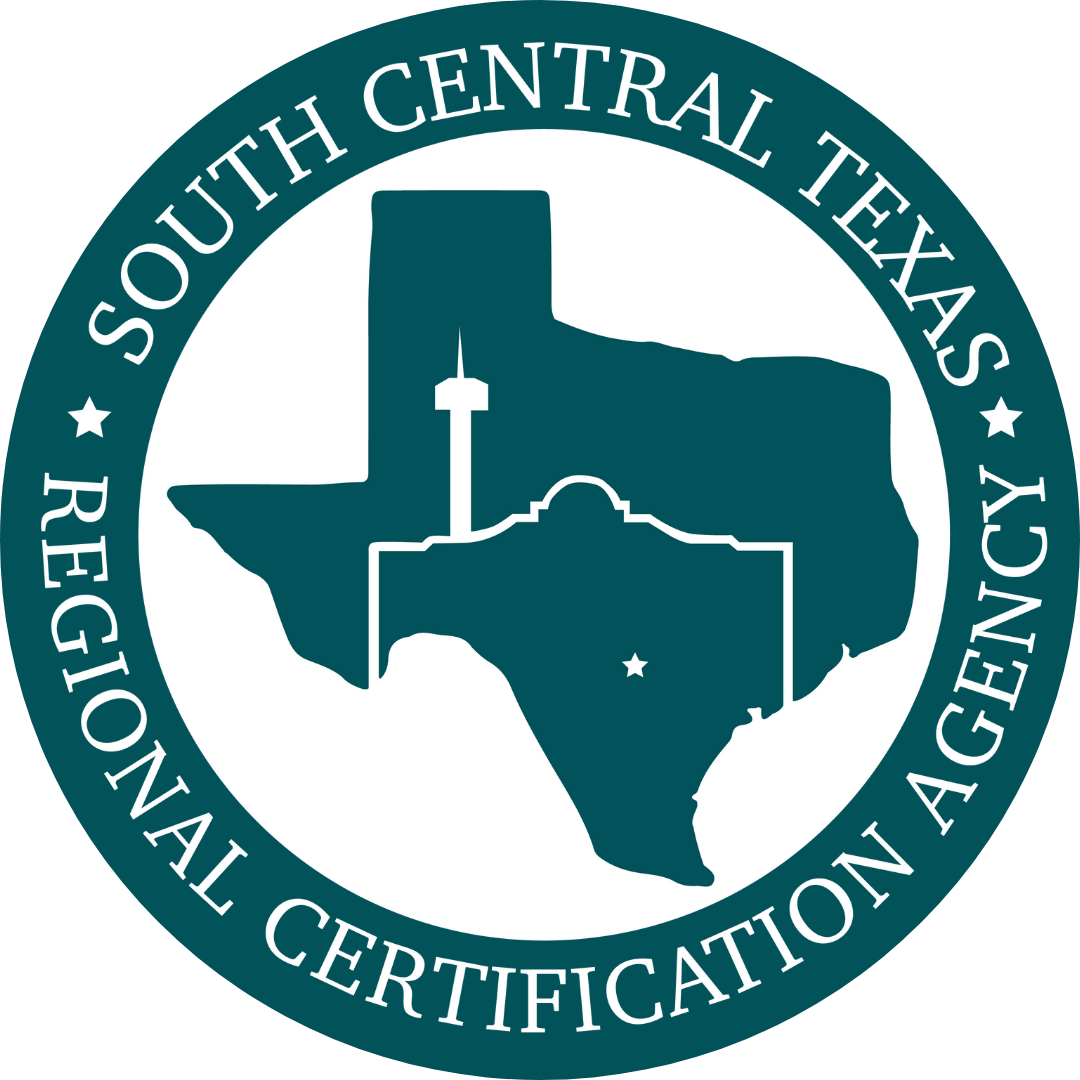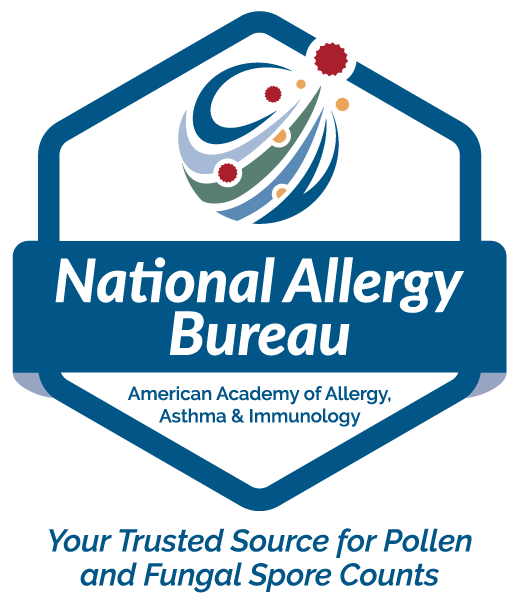Here are some tips to help you travel safely and healthily with allergies and asthma during the Thanksgiving holiday season:

Traveling during the holiday season can be challenging for individuals with allergies and asthma due to increased exposure to allergens and potential stress. Enjoy the Thanksgiving holiday with your loved ones while taking steps to prioritize your health and safety. Open communication, preparation, and awareness of your triggers will help you successfully navigate Holiday gatherings.
For Traveling:
- Visit Your Trusted STAAMP Allergist: Before your trip, schedule a visit with your trusted STAAMP allergist to discuss your travel plans. They can provide personalized advice, review your medications, and update your action plan. People on biologics or allergy shots should consult their provider regarding long-term travel plans to ensure appropriate adjustments.
- Pack Medications and Supplies: Ensure you have an adequate supply of asthma and allergy medications, including inhalers, EpiPens, antihistamines, and other prescribed medications. Carry them in your carry-on bag to have easy access during flights.
- Allergy Translation Cards: If you're traveling to a foreign country, creating allergy translation cards that list your allergies and dietary restrictions in the local language can be especially useful when dining out. Consider international travel insurance that covers health emergencies to provide peace of mind during your trip.
- Research Destination Allergens: Learn about common allergens at your travel destination, such as pollen types, food allergens, or air quality issues. This information can help you plan your activities and avoid triggers.
- Choose Allergy-Friendly Accommodations: When booking accommodations, consider options that offer allergy-friendly rooms or have policies to address allergens like pet dander, smoke, or mold. Consider bringing your allergy-proof pillowcase or bedding covers if you have sensitivities to dust mites.
- Check Air Quality: Monitor the air quality at your destination. Air quality apps or websites can help you plan your outdoor activities on days with lower allergen levels. Consider packing a portable air purifier for your hotel room, especially if you have environmental sensitivities.
- Be Weather-Ready: Dress appropriately for the weather, and carry extra layers if you'll be in a location with temperature variations that might trigger asthma symptoms. If environmental allergens are a significant concern, consider wearing a mask to reduce exposure.
- Avoid Smoke and Smoke Zones: Stay away from smoking areas, both indoors and outdoors, as smoke can trigger asthma and other respiratory symptoms. If the gathering includes a fireplace or outdoor fire pit, choose seating upwind or indoors.
- Plan for Dietary Needs: If you have food allergies or dietary restrictions, research restaurants and eateries that can accommodate your needs. Carry safe snacks and inquire about ingredients when dining out.
- Carry Important Documents: Keep a copy of your medical records, including your allergy and asthma action plans, with you in case of an emergency.
For Thanksgiving Gatherings:
- Communicate Dietary Restrictions: If you have food allergies or dietary restrictions, inform the host or cook about your needs. Offer to bring a dish that you can safely enjoy and share with others.
- Safe Food Preparation: If you're hosting a Thanksgiving meal, take extra precautions to prevent cross-contamination when preparing dishes for those with allergies. Wash utensils and countertops thoroughly, and label allergen-free dishes.
- Allergen-Free Recipes: Consider finding allergen-free or alternative recipes for traditional Thanksgiving dishes to enjoy a traditional meal without triggering food allergies.
- Create a Safe Dining Area: Consider setting up a separate, allergen-free dining area, away from potential allergen sources like pet dander or smoking.
- Medications at Hand: Keep your allergy and asthma medications close, especially during meals. The excitement and stress of gatherings can sometimes trigger symptoms.
Stay safe and healthy on your travels with allergies and asthma by planning and communicating effectively. Consult your healthcare provider to ensure you're prepared for potential health challenges.
















